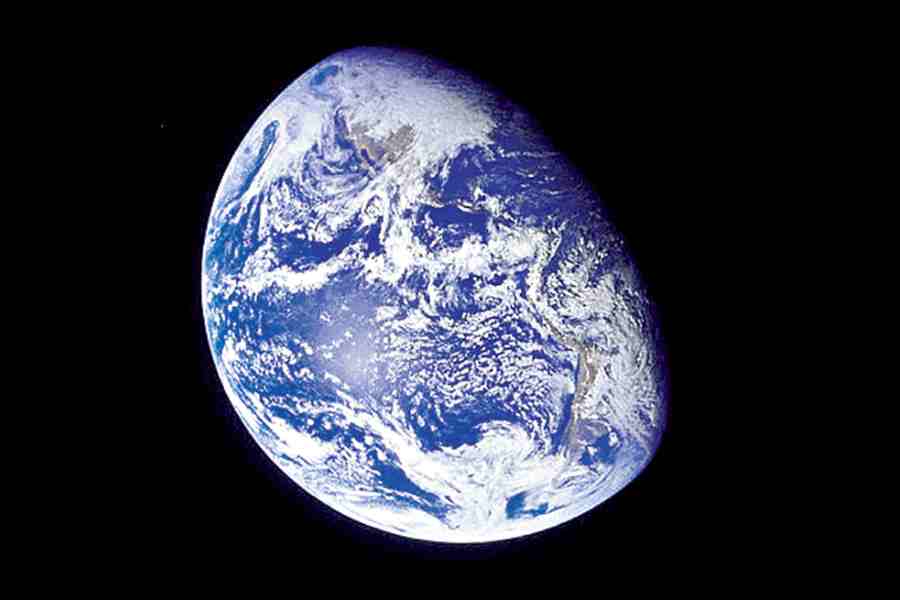Humans may have been banished from the Garden of Eden but the Holocene Age on earth was no less idyllic than those mythical environs. It was a period of perfect planetary warmth and stable weather that allowed humans to invent agriculture and settle down in agrarian societies. The word, Anthropocene — the age that marks the end of the Holocene — is hardly novel: it was first coined in the year, 2000. But there has long been a debate among scientists about when this period began or, for that matter, if it had begun at all. The comforts of the Holocene were, understandably, hard to relinquish. But the Anthropocene Working Group has now provided conclusive evidence and marked the demise of the Holocene in the year, 1950. As its name suggests, this new age, the Anthropocene, is the epoch of humanity where the future of the planet is going to be decided by humans and their activities.
However, even as it was christened, the Anthropocene became a sphere of contestation. The term was seen to be hegemonic and manipulative as well as a ploy by Western policy to make developing countries like India and China shoulder the responsibility and the burden of climate change. This had something to do with the West’s own complicity in climate change: after all, it had played a significant part in the emergence of the phenomenon — the industrial revolution and, even later, the nuclear age were Western interventions. The West, though, refuses to shoulder the blame. What seems to be getting lost in this dispute is the fact that the Anthropocene does not discriminate: forest fires in Canada, frequent hurricanes in the United States of America, megadroughts in Africa, heatwaves in Europe, floods in Pakistan and India — the impacts of the Anthropocene are being felt around the globe. Even though it has been evident for a while that the Anthropocene is upon the world, the official declaration of a new geological epoch is all about perspective. It is a clarion call to make people realise that human beings are now the decisive influencers of how the planet evolves and have to pay constant attention to collective choices if the earth and its diverse species are to survive.
Therefore, a question more important than when the Anthropocene began is: how will it end? While there is no going back to the solace of the Holocene, urgent steps can ensure that the Anthropocene does not deteriorate any more than it already has. Years of denial about the Anthropocene have been followed by policy inertia. Worse, negotiations on climate change — the various climate summits bear proof — have been reduced to bitter feuding contests between the developed world and the poorer nations on a number of issues, undermining the effectiveness of shared commitments.
But the failures of the past should not stand in the way of adopting targeted measures that are immediate and effective. Global diplomacy has untangled many a knotty problem. Perhaps the announcement of a new epoch would usher in renewed efforts to stop the planet from becoming uninhabitable.











